News
TIFF Interview: Galder Gaztelu-Urrutia on ‘The Platform’ and Solidarity
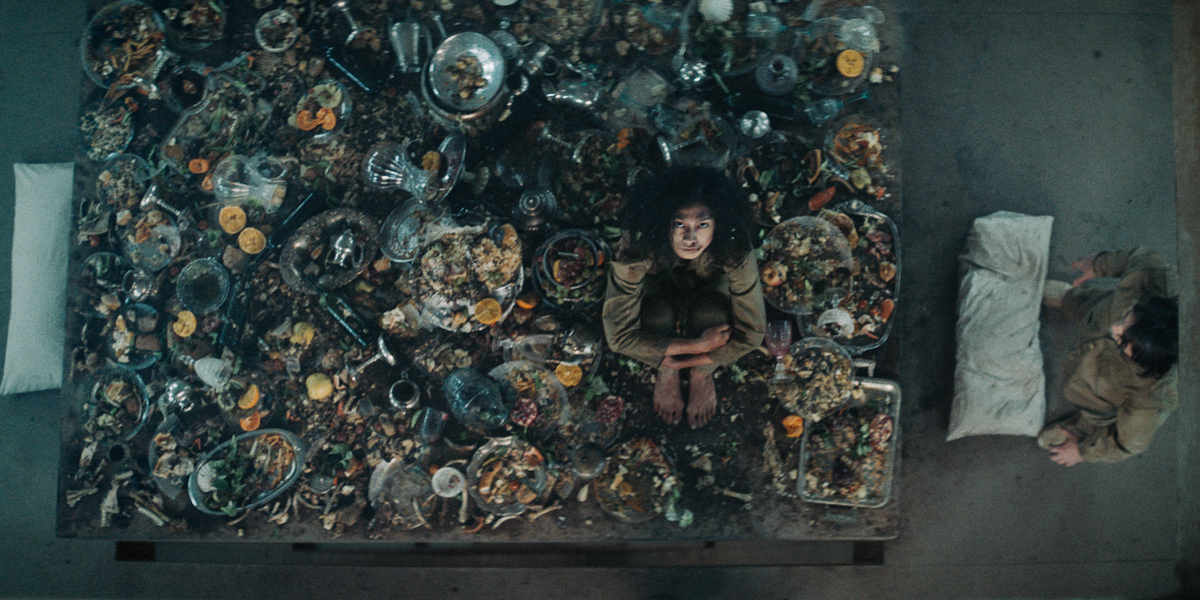
With The Platform, Spanish director Galder Gaztelu-Urrutia has crafted a dystopian masterpiece with a sharp bite. The film explores class inequality and solidarity, elevating the conversation and causing the audience to question their understanding of morality.
I was able to sit down with Gaztelu-Urrutia to discuss The Platform and its adaptation from play to film.
[Click here to read my full review of The Platform]
Kelly McNeely: What was the genesis of The Platform? Where did this come from?
Galder Gaztelu-Urrutia: It’s a script that was originally written for a play — a theatrical play — that, in the end, never came out. The idea was from David Desola, and he wrote the script with Pedro Rivero. Pedro and I have been friends for a long, long time, and Carlos Juarez — the producer — received the script.
So once we read the script, we understood that there was a big, big potential. We also knew that the script needed a lot of changes to turn it from a script for a play into a script for a movie, but there was a good base to work with. The principal characters and the symbology of the movie — the metaphors — you could see when reading the script, so we knew the concept was very good.
Kelly McNeely: Can you talk a little bit about the metaphors and the symbolism of The Platform?
Galder Gaztelu-Urrutia: If you watch the movie you realize that there are several levels; there are rich people in the upper levels, and poor people in the bottom levels. It’s about those different social classes, north and south. There’s another level of symbology as well, that if you watch the movie again you’ll discover more about it.
The movie is not about changing the world, but it’s about understanding and placing the viewer in one of the levels, and seeing how they would behave depending on which level they’re on. People are very similar between each other. It’s very important where you’re born — which country and which family — but we’re all very similar. It depends on where you go, but you will think and behave in a different way. So the movie is putting the viewer in the situation to face the limits of his own solidarity.
It’s easy to have solidarity if you’re on level 6; if you have a lot you can give part of that up. But will you have solidarity if you don’t even have enough for yourself? That is the question.
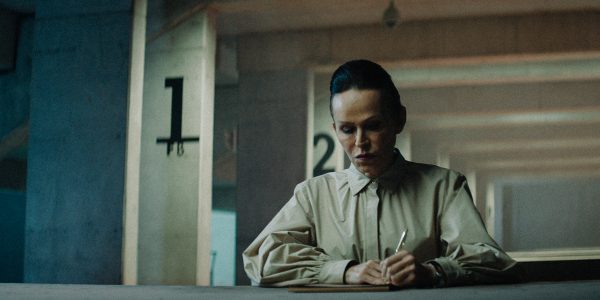
The Platform via TIFF
Kelly McNeely: There are a lot of phenomenal genre films that come out of Spain. Horror and thrillers, are those genres popular in Spain? Or perhaps not as big as they are in America?
Galder Gaztelu-Urrutia: There are not a lot of genre movies produced in Spain, but the few that are produced can travel very well among all the countries internationally. A lot of thrillers, but genre movies — horror movies — very few.
Kelly McNeely: There are some excellent universal themes and dissections of class levels, was there a reason that you really wanted to communicate that class struggle?
Galder Gaztelu-Urrutia: The movie doesn’t want to teach anything. The Platform wants to put the viewer in a place to think about how they would behave in some situations, in respect to what’s happening outside in the world right now. What would you do in each situation? So if you are in the bottom of the platform or upstairs what would you do? They don’t judge, but they pose the question and give the viewer the opportunity to decide.
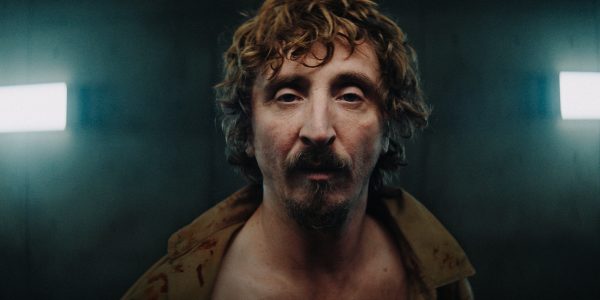
The Platform via TIFF
Kelly McNeely: What are you or what were you inspired or influenced by when making The Platform?
Galder Gaztelu-Urrutia: This movie changed me and also changed all the people that artistically joined the process of doing the movie — the actors, etc — the movie changed them. Shooting was very hard and they gradually put themselves — really put themselves in the pit. So there were all the parts of the movie — the production, the shooting — and then while you’re inside the movie you really realize the real message the movie has. And you change yourself.
My artistic inspirations were Delicatessen, Blade Runner, Cube, of course, Next Floor; a lot of films. I like films. I’ve loved cinema since I was very, very young. A lot of little things from a lot of movies that I probably don’t really know where they’re from. And cultural baggage.
Kelly McNeely: It’s interesting that it came from a theatrical script. I can kind of sense that in the structure of it; the first two acts feel very much like a play, and there’s that great third act in there as well. Was that third act part of the play originally, and what were the challenges of filming each section?
Galder Gaztelu-Urrutia: Actually you’re totally right, because the first two acts were originally in the play but the play finished on the second act. So the play is really finished when he decides to go down. Before that, the original play stops there. So we added that.
The play’s script had a lot of potential, but we couldn’t use the same script because it was for a theatre play. I wanted to make it more physical, because there was a lot of dialogue in the first two acts. So I worked a lot with the two screenwriters to invent the third act.
There were more characters in the original script that I removed to give more time to others, to make it a more cinematographical script.
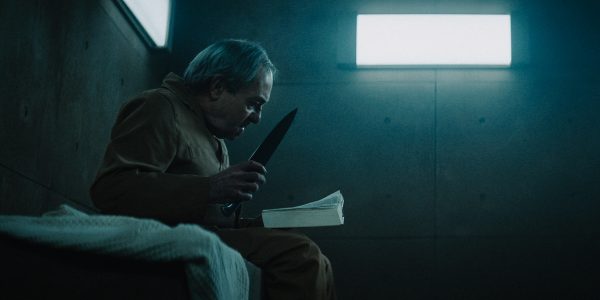
The Platform via TIFF
Kelly McNeely: I think it played really well, I think it was a very nice way to increase the tension and take it up to another level, but also wrap it up really nicely.
Galder Gaztelu-Urrutia: Thank you. The play was more talkative and ethological, but the cinema works better when characters make a decision and take action.
Kelly McNeely: I understand this is your first feature film as a director, what advice would you give to aspiring filmmakers?
Galder Gaztelu-Urrutia: The typical one; they have to be very stubborn to reach their goal. If you don’t work put in a lot of work to do it, you won’t succeed. Even if you work a lot and you don’t do it, you’ve tried.
Kelly McNeely: And for my last question, if you were to go into the platform, what would you bring with you? What would be your chosen object?
Galder Gaztelu-Urrutia: The samurai plus!
For more coverage from TIFF 2019, click here!
Listen to the 'Eye On Horror Podcast'
Movies
Another Creepy Spider Movie Hits Shudder This Month
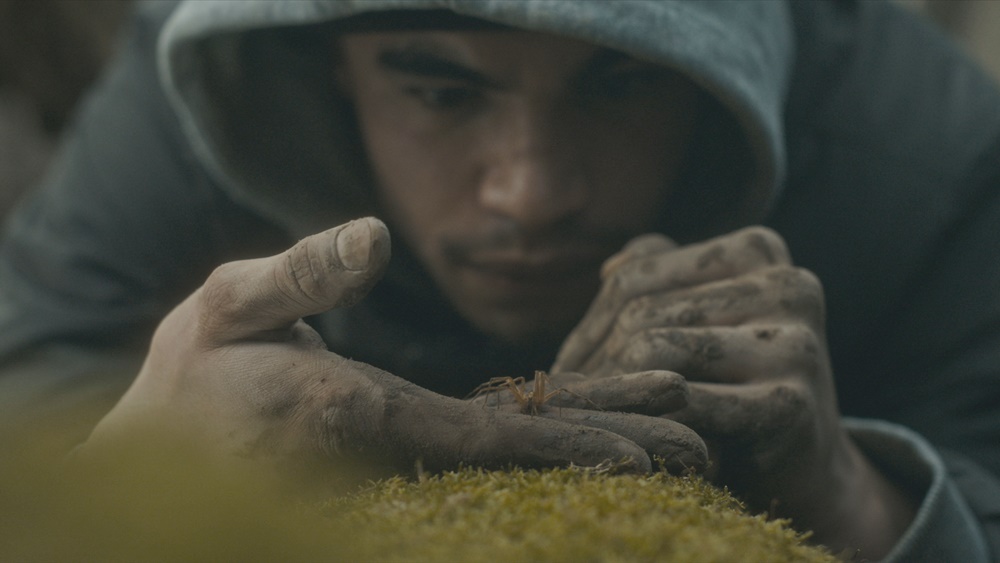
Good spider films are a theme this year. First, we had Sting and then there was Infested. The former is still in theaters and the latter is coming to Shudder starting April 26.
Infested has been getting some good reviews. People are saying that it’s not only a great creature feature but also a social commentary on racism in France.
According to IMDb: Writer/director Sébastien Vanicek was looking for ideas around the discrimination faced by black and Arab-looking people in France, and that led him to spiders, which are rarely welcome in homes; whenever they’re spotted, they’re swatted. As everyone in the story (people and spiders) is treated like vermin by society, the title came to him naturally.
Shudder has become the gold standard for streaming horror content. Since 2016, the service has been offering fans an expansive library of genre movies. in 2017, they began to stream exclusive content.
Since then Shudder has become a powerhouse in the film festival circuit, buying distribution rights to movies, or just producing some of their own. Just like Netflix, they give a film a short theatrical run before adding it to their library exclusively for subscribers.
Late Night With the Devil is a great example. It was released theatrically on March 22 and will begin streaming on the platform starting April 19.
While not getting the same buzz as Late Night, Infested is a festival favorite and many have said if you suffer from arachnophobia, you might want to take heed before watching it.
According to the synopsis, our main character, Kalib is turning 30 and dealing with some family issues. “He’s fighting with his sister over an inheritance and has cut ties with his best friend. Fascinated by exotic animals, he finds a venomous spider in a shop and brings it back to his apartment. It only takes a moment for the spider to escape and reproduce, turning the whole building into a dreadful web trap. The only option for Kaleb and his friends is to find a way out and survive.”
The film will be available to watch on Shudder starting April 26.
Listen to the 'Eye On Horror Podcast'
Movies
Part Concert, Part Horror Movie M. Night Shyamalan’s ‘Trap’ Trailer Released
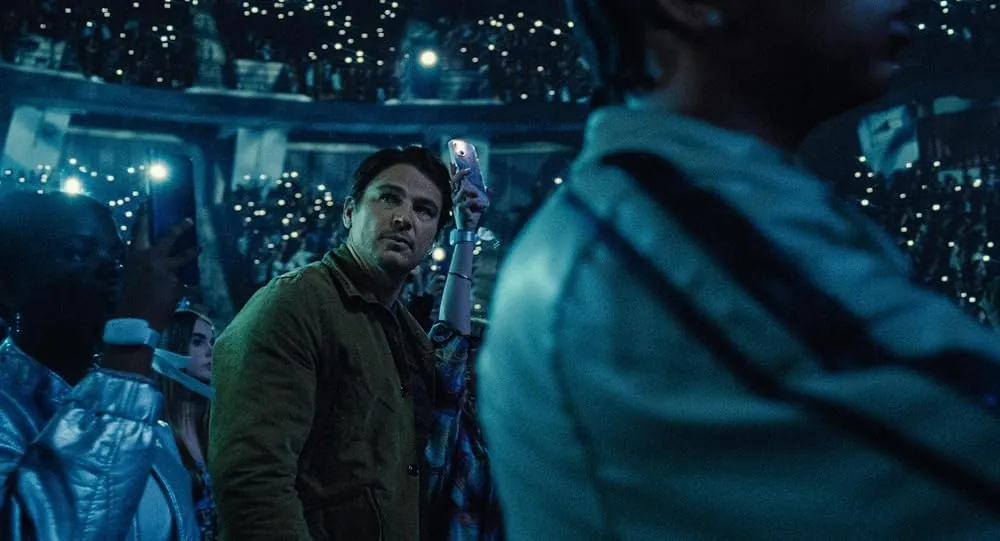
In true Shyamalan form, he sets his film Trap inside a social situation where we aren’t sure what is going on. Hopefully, there is a twist at the end. Furthermore, we hope it’s better than the one in his divisive 2021 movie Old.
The trailer seemingly gives away a lot, but, as in the past, you can’t rely on his trailers because they are often red herrings and you are being gaslit to think a certain way. For instance, his movie Knock at the Cabin was completely different than what the trailer implied and if you hadn’t read the book on which the film is based it was still like going in blind.
The plot for Trap is being dubbed an “experience” and we aren’t quite sure what that means. If we were to guess based on the trailer, it’s a concert movie wrapped around a horror mystery. There are original songs performed by Saleka, who plays Lady Raven, a kind of Taylor Swift/Lady Gaga hybrid. They have even set up a Lady Raven website to further the illusion.
Here is the fresh trailer:
According to the synopsis, a father takes his daughter to one of Lady Raven’s jam-packed concerts, “where they realize they’re at the center of a dark and sinister event.”
Written and directed by M. Night Shyamalan, Trap stars Josh Hartnett, Ariel Donoghue, Saleka Shyamalan, Hayley Mills and Allison Pill. The film is produced by Ashwin Rajan, Marc Bienstock and M. Night Shyamalan. The executive producer is Steven Schneider.
Listen to the 'Eye On Horror Podcast'
News
Woman Brings Corpse Into Bank To Sign Loan Papers

Warning: This is a disturbing story.
You have to be pretty desperate for money to do what this Brazilian woman did at the bank to get a loan. She wheeled in a fresh corpse to endorse the contract and she seemingly thought the bank employees wouldn’t notice. They did.
This weird and disturbing story comes via ScreenGeek an entertainment digital publication. They write that a woman identified as Erika de Souza Vieira Nunes pushed a man she identified as her uncle into the bank pleading with him to sign loan papers for $3,400.
If you’re squeamish or easily triggered, be aware that the video captured of the situation is disturbing.
Latin America’s largest commercial network, TV Globo, reported on the crime, and according to ScreenGeek this is what Nunes says in Portuguese during the attempted transaction.
“Uncle, are you paying attention? You must sign [the loan contract]. If you don’t sign, there’s no way, as I cannot sign on your behalf!”
She then adds: “Sign so you can spare me further headaches; I can’t bear it any longer.”
At first we thought this might be a hoax, but according to Brazilian police, the uncle, 68-year-old Paulo Roberto Braga had passed away earlier that day.
“She attempted to feign his signature for the loan. He entered the bank already deceased,” Police Chief Fábio Luiz said in an interview with TV Globo. “Our priority is to continue investigating to identify other family members and gather more information regarding this loan.”
If convicted Nunes could be facing jail time on charges of fraud, embezzlement, and desecration of a corpse.
Listen to the 'Eye On Horror Podcast'
-
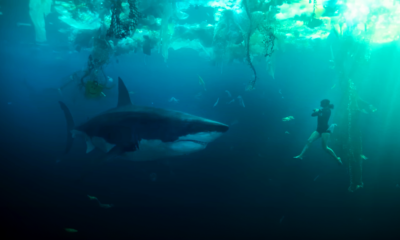
 Trailers7 days ago
Trailers7 days agoWatch the trailer for ‘Under Paris,’ the movie people are calling ‘French Jaws’ [Trailer]
-
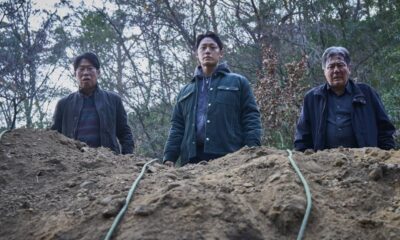
 News3 days ago
News3 days agoThis Horror Film Just Derailed a Record Held by ‘Train to Busan’
-
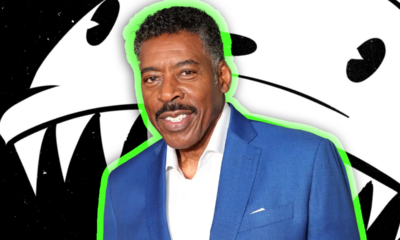
 Movies7 days ago
Movies7 days agoErnie Hudson To Star In ‘Oswald: Down The Rabbit Hole’
-
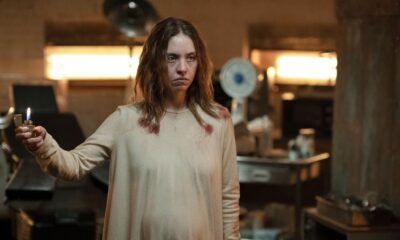
 Movies3 days ago
Movies3 days agoWatch ‘Immaculate’ At Home Right Now
-

 News4 days ago
News4 days agoRead Reviews For ‘Abigail’ The Latest From Radio Silence
-

 Editorial5 days ago
Editorial5 days agoRob Zombie’s Directorial Debut Was Almost ‘The Crow 3’
-

 News4 days ago
News4 days agoMelissa Barrera Says Her ‘Scream’ Contract Never Included a Third Movie
-

 News2 days ago
News2 days agoHome Depot’s 12-Foot Skeleton Returns with a New Friend, Plus New Life-Size Prop from Spirit Halloween
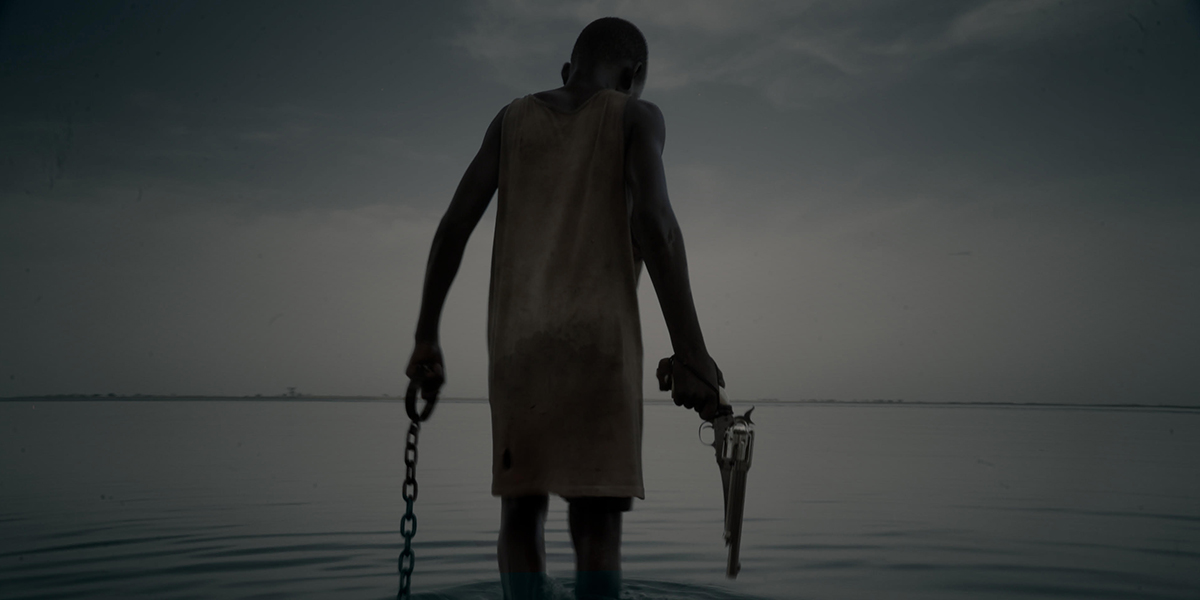
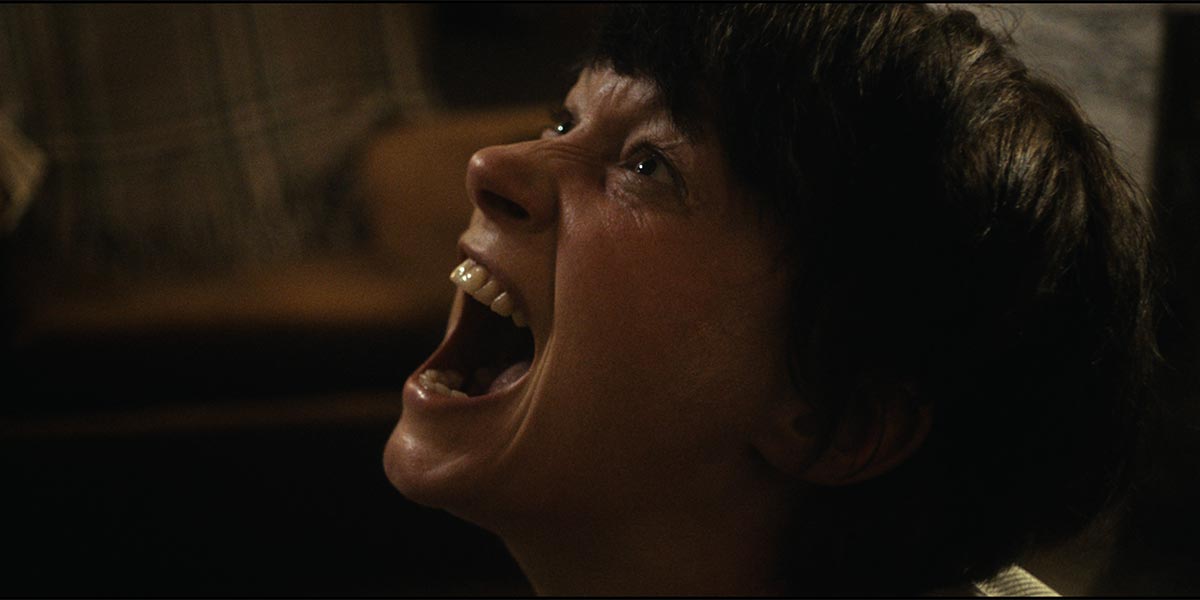
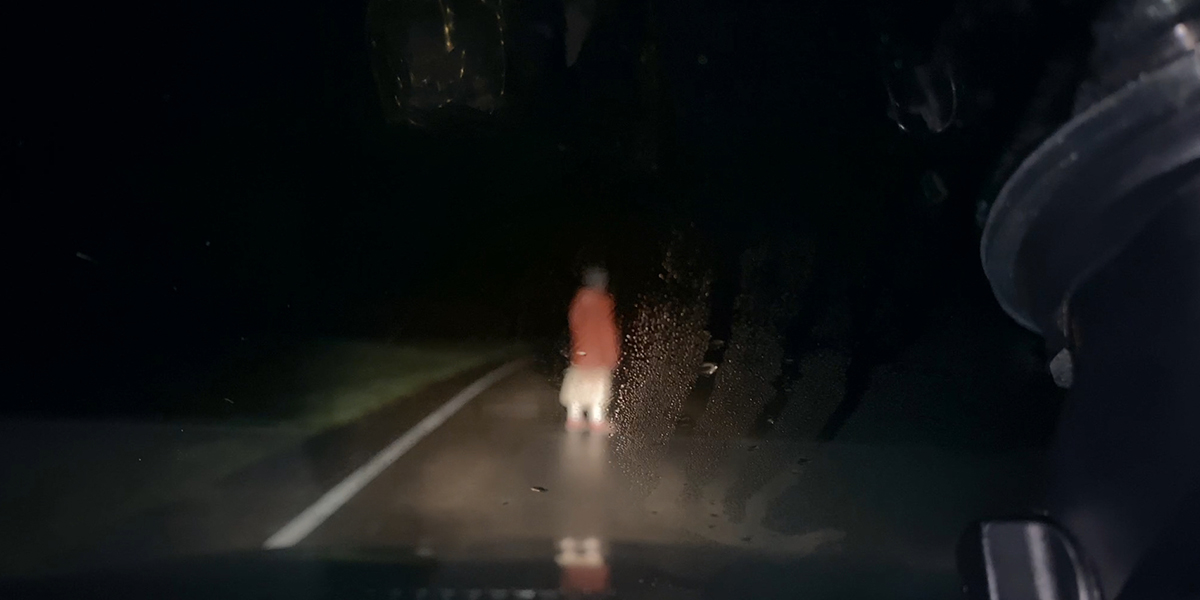

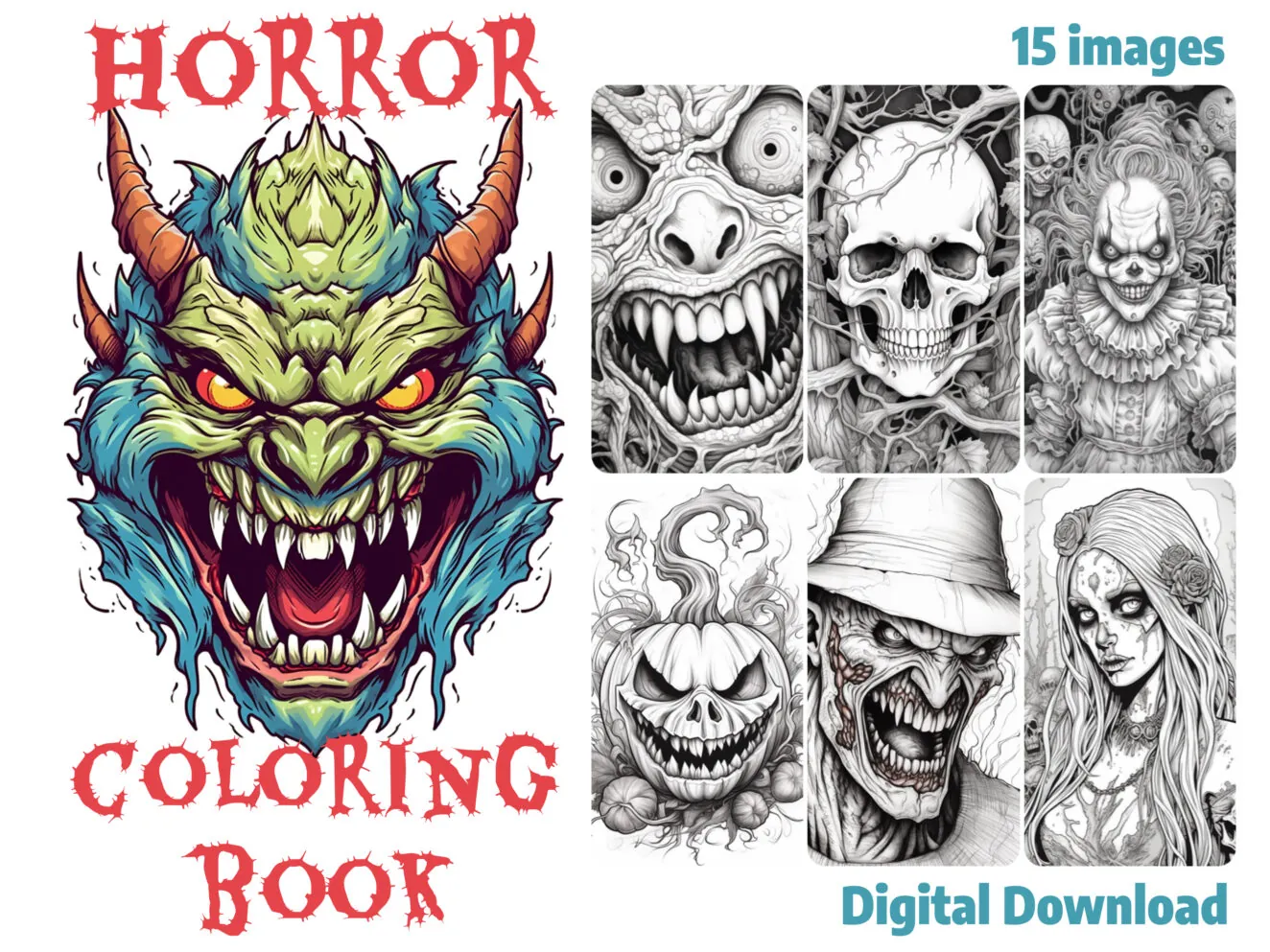

















You must be logged in to post a comment Login